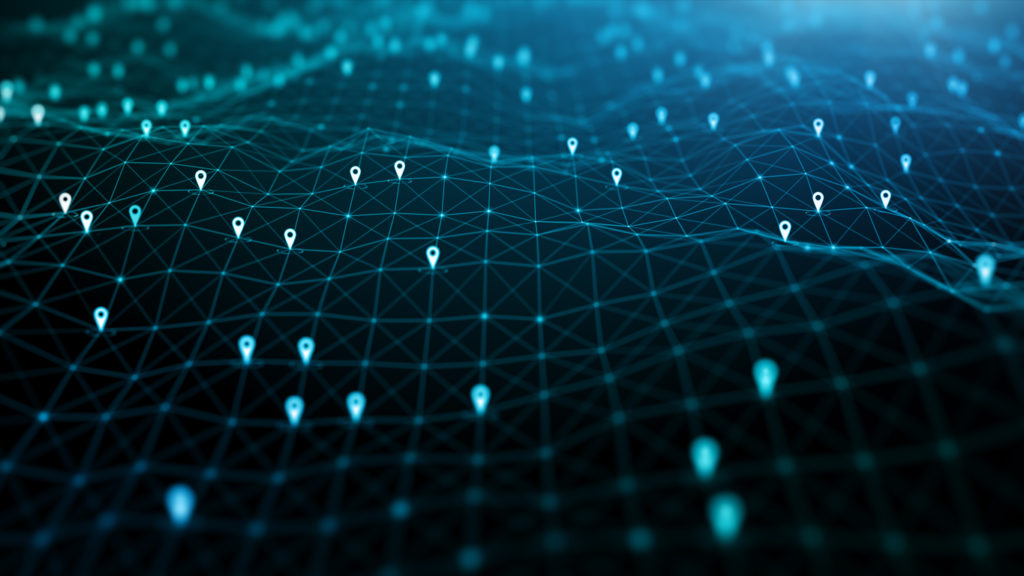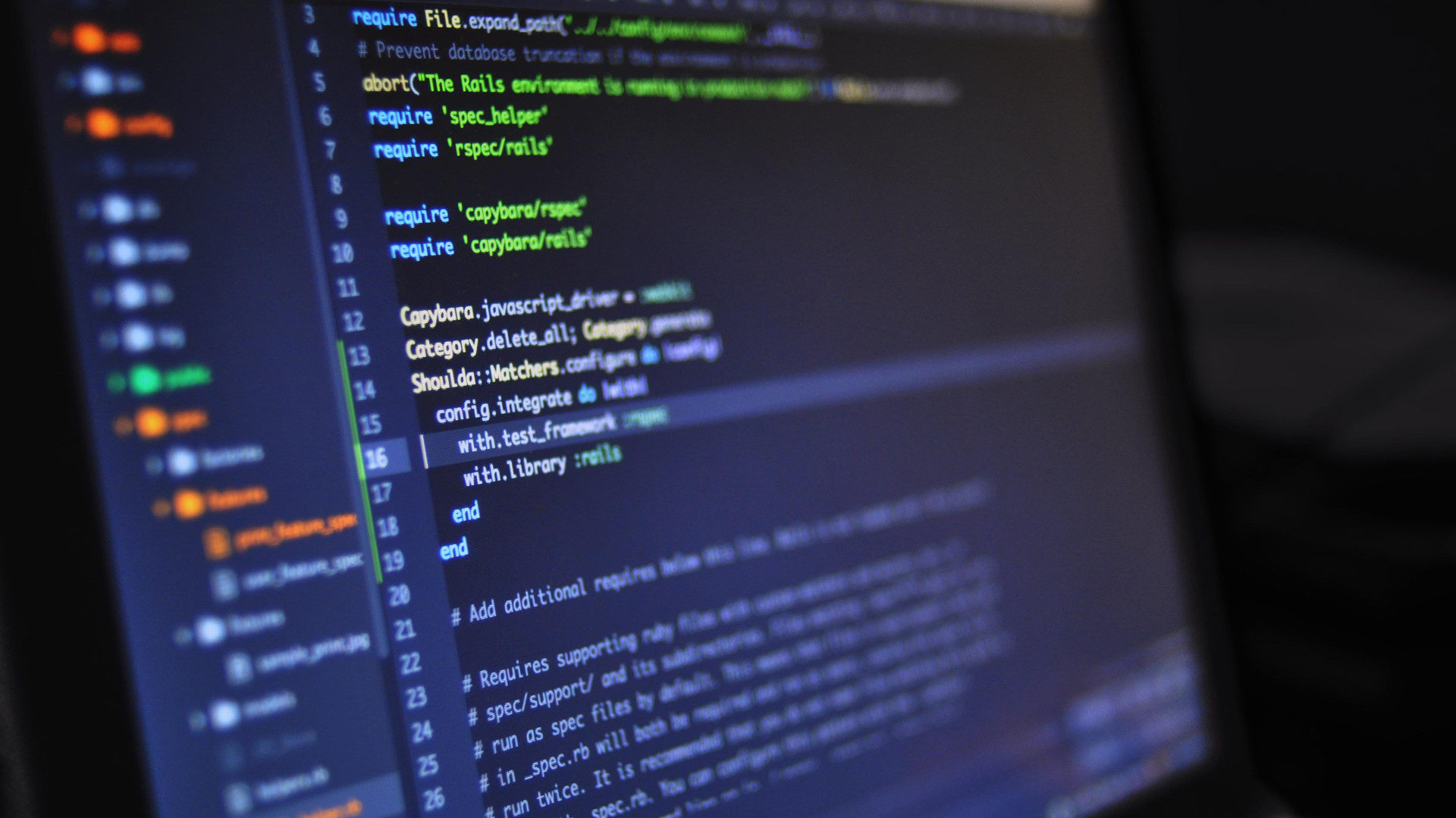
I was reading an article recently in the Atlantic on how Facebook is an authoritarian state. I disagree. Facebook, or Twitter and their analogs are not states, they’re the new land that allows people to stake claims and create digital nation-states for the future.
I’ve written previously on how we’re all two people now- an analog version and a digital version. The future is to for our analog selves to continually curate and serve our digital selves in the pursuit of freedom, thought and growth. When you add our digital lives to the advent of crypto-currency, the ease of finding like-minded people who share your beliefs you have the basics for what can be termed a nation – land, currency, philosophy and people.
Let’s look at each for a moment and identify the new digital analog for them:
Land: Credit for the first on-line world is usually considered Habitat in 1987 and there is a rich history of massively multiplayer online games (MMOGs) and Collaborative Virtual Environments (CVE’s) that exist today. Each of these could constitute a ‘world’ that have an underlying economy where you can even purchase ‘land (in Second Life for example). Land doesn’t have to be analog to exist- it can be a digital set of features containing topology, weather, and other features that make it near- real.
If you extrapolate this to the current large social media platforms such as Facebook and Twitter, you could argue that they are just different types of worlds that may lack some of the topology of land but occupy the same space from a digital perspective. These platforms are just new territory that can be staked out by people and used to create a unifying ethos and perhaps, a nation. Or they can just make new territory by setting up a new set of services. The hosting companies are just places where you can build a world. Once we stop thinking about geographic boundaries and understand that today’s digital earth is just a set of servers where people come to be together and share a common ethos. The first boundary of our analog vision of a nation is broken down by the mere fact that digital territory is easy to stake, re-make and can attract huge followings quickly.
People: As mentioned previously, we all are now effectively two people- an analog and digital representation (avatar) of ourselves. Our digital selves are developing, with our analog help, a life that exists beyond our analog attention. Our digital selves have friends we’ve never met in real life, adventures, drama and interests that span borders and continents. Brandwatch indicates that 68% of US adults and 26% of global adults are on Facebook. The average number of friends is 338 per person and while the connection isn’t as strong as an analog relationship, that is changing rapidly. People are creating new communities and tribes that share common values and can now find them very easily. For anything that you want to believe in, there is typically a group of like-minded people around the analog globe who share that viewpoint.
Facebook currently has 2.89 billion users curating a digital life every day (or mostly every day). Many of the social media services can also quickly triangulate people who are not on their platforms by looking at photos, friend chains, and seeing links that are obviously missing. Your lack of use of a platform like Facebook does not constitute anonymity or an absence any longer. It just indicates a lack of curation.
With this many users, there are certainly enough ‘people’ or avatars that could create a nation, and there are certainly enough like-minded people who can now find each other, communicate, and start to build the basic foundations of a tribalism.
Currency: I wrote an article a few years ago on digital currency and had a long discussion on why Facebook, or Amazon or Twitter hadn’t yet created their own digital currency. In April 2021, Facebook backed a digital currency player, Diem that should launch in the next year. A first step in locking users into purchasing and using their own digital currency. But even outside of Diem, there is BitCoin and Doge and a host of other cryptocurrencies that can know be bought, sold and exchanged for analog currency today (insofar as analog currency isn’t digital anyway). In fact, cryptocurrency banking already exists (blockfi.com) and will create a new network of trading and financial instruments that will become normal in short order.
Beyond that however, the technology obviously exists for anyone to create digital currency in their own right, and once traders are found, and the currency pegged to an exchange rate it can be exchanged through arbitrage for any other currency- the barrier to currency creation no longer exists, the only thing it needs is a market and a trust factor around it’s solvency.
Philosophy: The Internet has created a wash of information. The ability to control the flow, readership and discoverability of data has broken down barriers to finding a cohort, group, or zeitgeist that matches your world view. The current mindset of large data- velocity, volume, and variety has always lacked the final ‘v’ that is necessary for human growth- veracity.
Without veracity and the continued attack on intellectualism that denigrates science, people now conflate free speech and thought as relevancy and opinion as having equal weight in comparison to a scholarly and scientific approach. The anti-intellectualism has led to reactionary conspiracy theories and allows people to cling to their most closely held beliefs and there is a growing compendium of ‘data’ that seemingly supports their world view. Our world has devolved into a middle school-like mentality of like/dislike without nuance. This black and white world allows for no growth or change in our world view and we’re becoming more rigid in holding people to a changing moral code for the entirety of their lives.
But does this constitute philosophy? Or even religion? I would argue that the rise of Q-Anon illustrates how quickly an alternate world view can take hold and grow into a quasi-religion and/or philosophy that has the ability to sway political opinion, gain power, attract followers and potentially create the missing pieces for proto-digital nation-states.
Digital religion doesn’t exist as of yet, but proto-ethos and philosophies are starting to grow and flower. Coupled with the ease of finding and exploring these concepts as platforms want you to ‘dwell’ so as to increase ad revenue, it’ll only be a matter of time before there is a digital rival to any major religion.
Are there digital nations?
Today, I would argue that we’re not quite to having full digital nation-states, but we do have digital tribes that are growing, and creating the basics for building a digital state. If we look at Parler, or GETTR we see tribes of people creating new digital land where they can practice their philosophy and world-view as a tribe. You can argue that they have three of the initial needs- land (digital servers that exist as a defined platform), and people (like minded individuals) and finally philosophy (albeit sort of gray and ill-defined for the moment in that it’s reactionary). In fact, you can see them migrating from mainstream platforms to find ‘freedom’ in their definition to further develop and refine their group ethos, create community, and just need an economy to declare a digital statehood.
While Parler and GETTR lack is currency, nothing is stopping those services from creating a cryptocurrency that can be traded for goods and services within their ‘realm.’ They could also create a digital army of hackers, economy based on a mix of digital and real services- Etsy comes to mind as a proto-economy of mixed reality.
Once they have created currency or digital economy (much like the massive multi-player games) then should we, as the original Atlantic article argue- treat them as a nation? I believe the answer is ‘yes.’ The future is one where people may hold many allegiances and operate in a more refined version of our current mixed reality world and we will have to create alliances, treaties and pacts with the digital nations as they mature.
The Future is a Mixed Reality World
The digital landscape has proven that it can quickly outpace our analog world and the cycle time to maturity gets smaller every day and more people take on a larger digital posture. We will have to accept that the future is a mixed-reality world and we will also participate in this at some level.
Our future lies in existing as two fully complete and independent personas. Our analog persona that will continue to be tied to a geographical landscape, the shared ethos of our analog nations and the need to earn money to live and pay service to our digital selves. The future will be gig-economy focused and our earnings will be a combination of analog currency structures and crypto currencies tied to our digital allegiances.
Our digital persona, and the need to curate, be part of a tribe, and then a digital nation will continue to take more of our time. Our digital self will continue to grow, find like-minded groups and our allegiance to that digital nation will be just as strong as our links to an analog nation as we will be tied to people who share our ethos/religion/philosophy, our digital land, currency, and economy. In fact these ties will grow stronger as they are continually reinforced with the borders of the digital nation-state and will start to erode our analog allegiances.
The implications of this mixed reality- part analog, part digital will be far-reaching and will change key aspects of our existence that we’ve become accustomed to over our mostly analog lives. This means that in the future we’ll have to treat digital nations with the same regard to our current analog structures, that allegiances will shift away from analog to digital, and that these digital nations will continue to grow and lead us to new digital dark age which I’ll discuss in another post.

